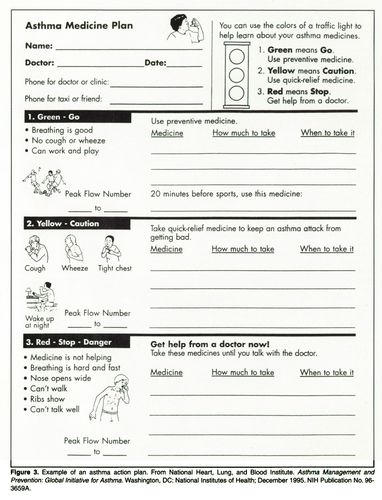Pediatric ENT Doctor: A Comprehensive Guide
When it comes to the health and well-being of your child, finding the right healthcare provider is crucial. A pediatric ENT doctor, also known as an otolaryngologist, specializes in diagnosing and treating disorders of the ears, nose, throat, head, and neck in children. In this article, we will delve into the role of a pediatric ENT doctor, their qualifications, common conditions they treat, and how to find the best one for your child.
Qualifications and Training
A pediatric ENT doctor undergoes extensive training to become a specialist in their field. After completing medical school, they must complete a residency program in otolaryngology, which typically lasts four years. During this time, they learn about the anatomy and physiology of the ears, nose, throat, and head and neck region, as well as how to diagnose and treat various conditions.
After completing their residency, pediatric ENT doctors may choose to further their training by completing a fellowship program. This additional training can last from one to two years and allows them to specialize in specific areas, such as pediatric audiology, pediatric otolaryngology, or head and neck surgery.
Here is a table summarizing the qualifications and training of a pediatric ENT doctor:
| Education and Training | Duration |
|---|---|
| Medical School | 4 years |
| Residency in Otolaryngology | 4 years |
| Fellowship (optional) | 1-2 years |
Common Conditions Treated
Pediatric ENT doctors are equipped to handle a wide range of conditions affecting children. Some of the most common conditions they treat include:
-
Adenoiditis: Inflammation of the adenoids, which are lymphoid tissue located at the back of the nose.

-
Ear Infections: Infections of the outer, middle, or inner ear, which can cause pain, hearing loss, and balance problems.
-
Hay Fever: Allergic reactions to pollen, dust mites, or pet dander that can cause sneezing, runny nose, and itchy eyes.
-
Snoring and Sleep Apnea: Conditions that can disrupt a child’s sleep and lead to behavioral and developmental issues.
-
Thyroid Disorders: Abnormalities of the thyroid gland, which can cause symptoms such as a hoarse voice, difficulty swallowing, and neck swelling.
-
Head and Neck Cancers: Although rare in children, pediatric ENT doctors are trained to diagnose and treat these conditions.
How to Find the Best Pediatric ENT Doctor
When searching for a pediatric ENT doctor, it’s essential to consider several factors to ensure you find the best provider for your child. Here are some tips to help you in your search:
-
Ask for Referrals: Talk to your child’s primary care physician, friends, and family members for recommendations.
-
Check Credentials: Verify that the doctor is board-certified in otolaryngology and has experience treating children.
-
Consider Location: Choose a pediatric ENT doctor who is conveniently located near your home or workplace.
-
Review Patient Reviews: Look for online reviews and testimonials from other parents to gauge the doctor’s reputation.
-
Prepare for the First Visit: Make a list of your child’s symptoms, previous treatments, and any questions you have for the doctor.
By following these tips, you can find a pediatric ENT doctor who is well-qualified, experienced, and compassionate about caring for your child.
Conclusion
A pediatric ENT doctor plays a vital role in the healthcare of children, providing specialized care for a wide range of conditions affecting the ears, nose, throat, and head and neck region. By understanding the qualifications, common conditions treated, and how to find the best pediatric ENT doctor, you can ensure your child receives the highest quality of care.
